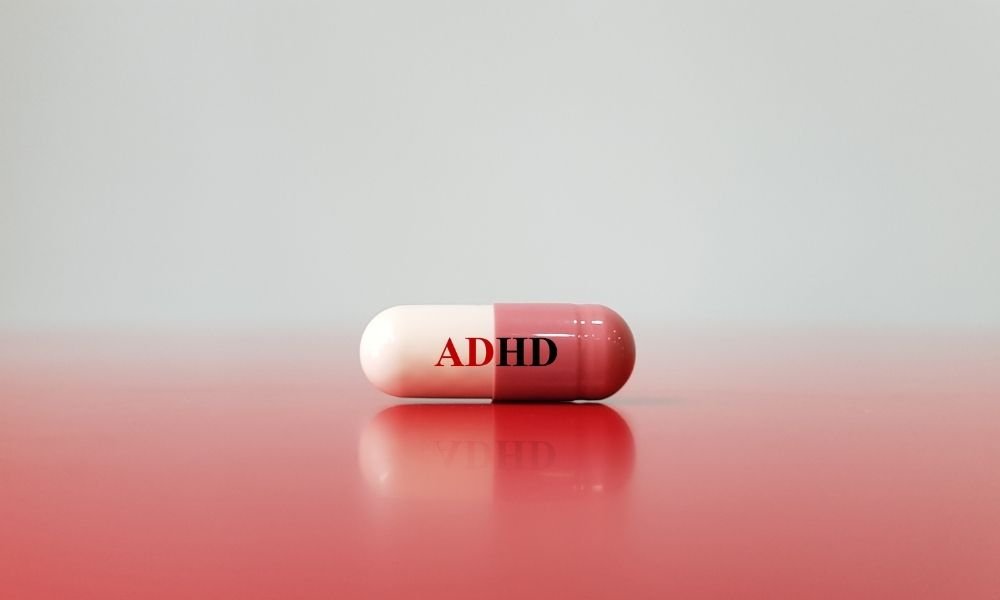Life with ADHD can feel like an endless battle against an overwhelming tide of distractions. While medication is a common treatment, it’s not the only path to finding balance and clarity. Many people are discovering that natural, lifestyle-based strategies can be just as powerful for improving focus, reducing stress, and boosting overall well-being. Let’s explore some of these effective alternatives to ADHD medication.
The Power of Presence: Finding Focus Through Mindfulness
Mindfulness is all about being fully present in the moment, without judgment. It’s the practice of simply noticing your thoughts, feelings, and body sensations as they are. For those with ADHD, where distractions are a constant hurdle, this ability to stay present can be a real game-changer. By training your mind to focus on what’s happening right now, you can quiet a whirlwind of thoughts and feel less overwhelmed by your surroundings.
Mindfulness is more than just sitting quietly; you can bring it into your everyday life. A great way to do this is with a walking meditation. As you walk, pay close attention to each step: the feeling of the ground under your feet, the rhythm of your breathing, and the sights and sounds around you. This active form of meditation can be especially helpful for people who struggle with the stillness of traditional practices.
Countless stories show how mindfulness can change lives. For example, a young student named Maya used to struggle with inattention and anxiety in school. After learning about mindfulness, she started taking five-minute breaks each day to meditate. Over time, she noticed she could concentrate on her assignments better and didn’t feel so easily overwhelmed. She was able to pursue her academic goals with a new sense of calm and control.
Fueling Your Mind: The Link Between Diet and Brain Health
What you eat has a huge impact on your ability to concentrate. A diet rich in omega-3 fatty acids, found in fish like salmon, supports brain health and can boost memory and focus. Foods packed with antioxidants, such as berries and leafy greens, can also improve your cognitive abilities.
Eating whole grains like oats and quinoa can help keep your blood sugar stable, giving you a steady supply of energy that helps you stay on task. This is particularly important for people with ADHD, as sudden drops in blood sugar can lead to inattention.
There’s also a surprising link between your gut and your brain, known as the gut-brain axis. Research suggests that a healthy balance of bacteria in your gut can affect your mood and ability to focus. Eating foods high in fiber, probiotics, and prebiotics can support a healthy gut and, in turn, a clearer mind.
While a balanced diet is key, some people find supplements helpful. Omega-3 supplements are a good option if you don’t get enough from your diet. Other supplements like certain B vitamins and magnesium may also play a role in brain function, but it’s always wise to talk to a doctor before starting any new supplement.
The Body in Motion: How Exercise Boosts Your Brain
Physical activity is a powerful way to enhance cognitive performance. When you exercise, you increase blood flow to your brain, which delivers important nutrients and oxygen. This helps your brain grow and change, a process called neuroplasticity. Regular workouts can also improve your mood and reduce anxiety, creating a better mental state for concentration.
Exercise also releases endorphins, which are natural feel-good chemicals that can counteract mental fatigue. Activities like running, biking, or swimming have been shown to improve attention spans and executive functions. An active lifestyle can be a natural way to manage ADHD symptoms.
The best exercise is one you genuinely enjoy. Instead of a chore, think of it as a hobby. Dancing, hiking, or playing a team sport can make being active a fun part of your routine. These activities not only get your heart pumping but also offer creative outlets and social connection.
To make exercise a habit, set clear, achievable goals. For instance, instead of saying you’ll “exercise more,” decide to “walk for 30 minutes three times a week.” Sticking to a routine and doing it with a friend or family member can also keep you motivated.
Getting Back to Nature: The Restorative Power of the Outdoors
Spending time in nature can do wonders for your mental health. This concept, sometimes called eco-therapy, shows that being in natural settings can reduce stress and anxiety and help with ADHD symptoms. Even a short walk in the park can give your mind a needed break from cognitive overload.
Nature helps reset your senses and can restore your focus. Studies show that being outdoors helps with mental fatigue, giving your mind a chance to recover from mental strain.
You don’t need a forest to enjoy the outdoors. If you live in a city, you can still find ways to connect with nature. Try urban gardening, visit a local botanical garden, or simply take your lunch break in a nearby park. Making time for nature, even in small doses, can calm your mind and improve your focus.
Creating a nature-inspired routine can be as simple as taking a walk in the morning or spending a few quiet moments on a plant-filled balcony in the evening. Combining time outdoors with physical activity, like jogging on a trail, can double the benefits. It’s about building a lifestyle that holistically supports your mental health.

